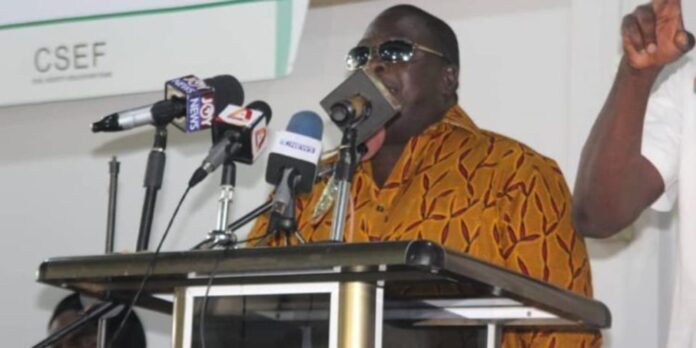The Executive Director of the Ghana Blind Union, Dr. Peter Obeng-Asamoah, has urgently appealed to the National Health Insurance Scheme (NHIS) to broaden its coverage, advocating for specialized healthcare services for blind and visually impaired individuals.
In an interview with Channel One TV, Dr. Obeng-Asamoah discussed the social and economic challenges faced by blind individuals in Ghana. He emphasized the need for a more inclusive health policy that addresses the unique healthcare requirements of people with disabilities.
He described the current NHIS coverage for blind individuals as inadequate, noting that it fails to account for the distinct challenges that visually impaired individuals encounter. Dr. Obeng-Asamoah highlighted that many visually impaired individuals experience economic hardships due to limited employment opportunities and accessibility issues, particularly in rural areas where sustainable livelihood options are scarce.
He also pointed out that as blind individuals age, they become susceptible to conditions like hypertension, diabetes, and other age-related illnesses. However, without sufficient support, the costs of managing these chronic conditions become overwhelming, especially for those without regular income or pensions.
Dr. Obeng-Asamoah called on the NHIS to consider providing advanced healthcare options to the visually impaired community, including regular screenings, access to specialists, and affordable medications for chronic conditions.
“There is no policy that shows we receive anything extra,” he said. “This is serious because many blind people, and people with disabilities in general, are unemployed or live in rural areas without job opportunities. They are aging without pensions and facing health conditions like hypertension and diabetes that everyone else does, yet they have no income to support their healthcare needs.
“As it stands, there is no special priority for blind persons, and this is an area we hope the government will urgently address.”
READ ALSO:

